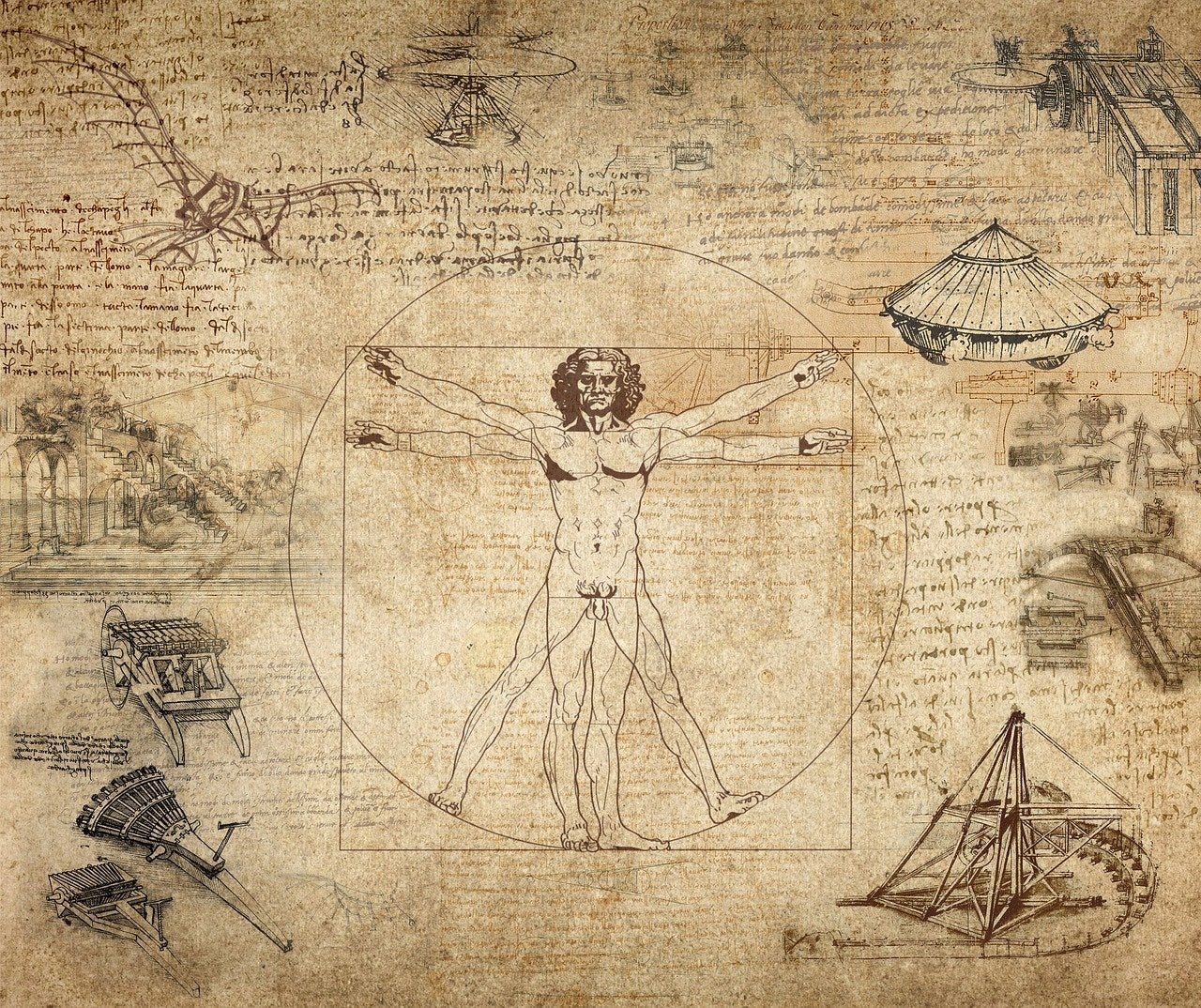“All ideas are secondhand, consciously and unconsciously drawn from a million outside sources.” — Mark Twain, 1903
Americans love inventors. We tend to give them a lot of credit, elevating them to a pantheon of industrialism for all to worship. Ford. Edison. Jobs. These are the names that changed the face of the earth.
The concept of invention seems baked into our history: early settlers, arriving on America’s shores, had to make due with what they could bring with them. Everything else was created from the fruits of their labor in their new land.
If you’re a child of the Seventies or Eighties, you’ll be familiar with the Schoolhouse Rock refrain:
“Mother Necessity, with her good intentions;
Where would this country be, without her inventions?”
As the country expanded and technology flourished, the Industrial Revolution gave inventive citizens an opportunity to develop new solutions to tackle the harsh realities of labor. And ingenuity flourished.
But it wasn’t all pluck…
Keep reading with a 7-day free trial
Subscribe to Timeless & Timely to keep reading this post and get 7 days of free access to the full post archives.





